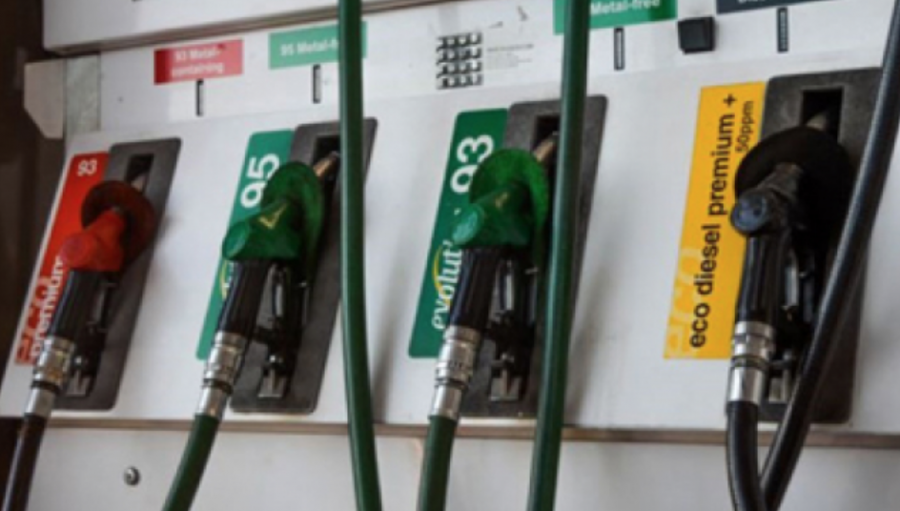Johannesburg – The impact of the invasion of Ukraine is far-reaching. Having directly impacted the lives of countless people, it could impact those living thousands of kilometres away too. As the price for Brent crude oil spikes, experts fear it could double the petrol price in South Africa to R40 a litre.
All is not doom and gloom. There are a few good things that could emerge from this disheartening news. Dawie Roodt, a senior economist, spoke with Salaamedia’s Julie Alli.
“The good news for South Africa is that precious metal prices are up, and we are a major exporter of that. The rand is actually holding up quite nicely despite everything that’s going on internationally. We are also major exporters of coal, for example, which prices have gone up as well. So, there certainly is a silver lining for South Africa.”
The South African Petroleum Refineries (Sapref) joint venture between Shell Downstream South Africa and BP, the largest refinery in South Africa, is expected to close this month resulting in thousands of job losses while reducing the likelihood of load shedding. One of the reasons for it being closed, Roodt believes, is because “it’s old technology you need to invest quite a lot of capital in there.”
“Big shareholders, of which Shell was one or is one, wanted to see if they could perhaps get some feedstock oil or gas or whatever in the East coast of South Africa and to feed that specific refinery. Now that they basically are not allowed to explore anymore, I don’t think that refinery is going to come up to speed again.”
Roodt has no hope the situation between Russia and Ukraine will de-escalate anytime soon and believes Putin is “not going to withdraw from Ukraine. I don’t even think there’s going to be a real settlement between the two. I think Putin is in there to take over Ukraine.”
Even if things return to normal soon, Roodt says, “Even if the oil price comes down the knock-on effect is still going to be with us and it’s still going to be with us for a long time.”
“If you change one significant price in the economy like interest rates or the oil price or whatever, it can take as much as two years for the ripple effect to work right through the economy. So, I’m afraid if the oil price comes down to much lower than where it is now then it doesn’t mean the fuel price is suddenly going to start falling again. In fact, the momentum that we currently have will mean even if some of those prices are going down, that we, the consumers, will still see the price increase. [The increases] are actually on its way. It’s like a tsunami happening somewhere in the ocean. The waves are coming and it’s going to take some time before it hits you but it’s going to hit you.”
During all of this, some property prices are going up but as inflation rises it will have a dampening effect and “force the reserve bank to increase interest rates and the interest rate is the single most important variable when it comes to property prices,” explains Roodt.
This happens and does not mean one has to stop buying property.
“Of course, you have to make sure that everything works out, but I don’t think property prices will keep on increasing very sharply in this kind of environment.”
